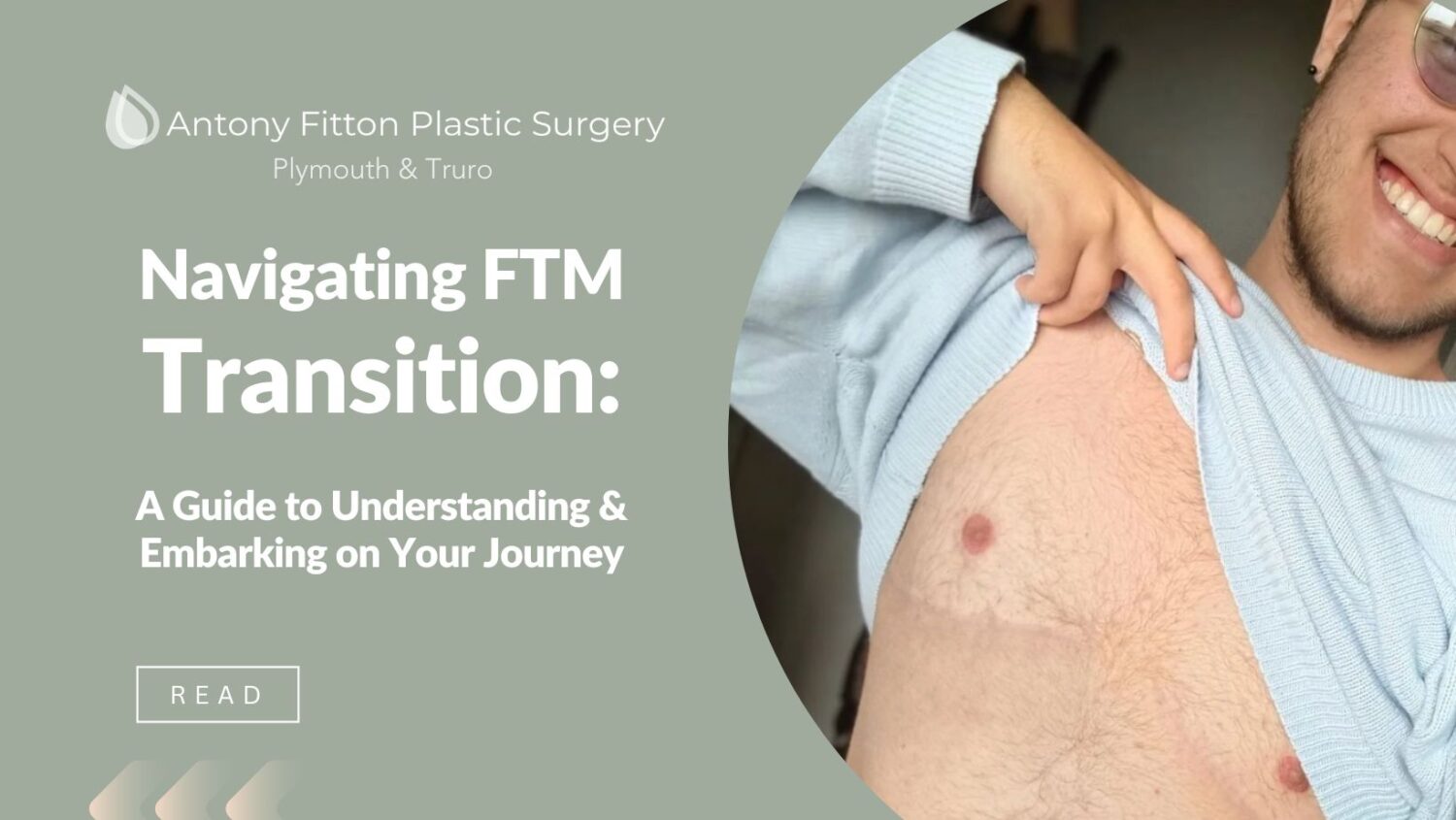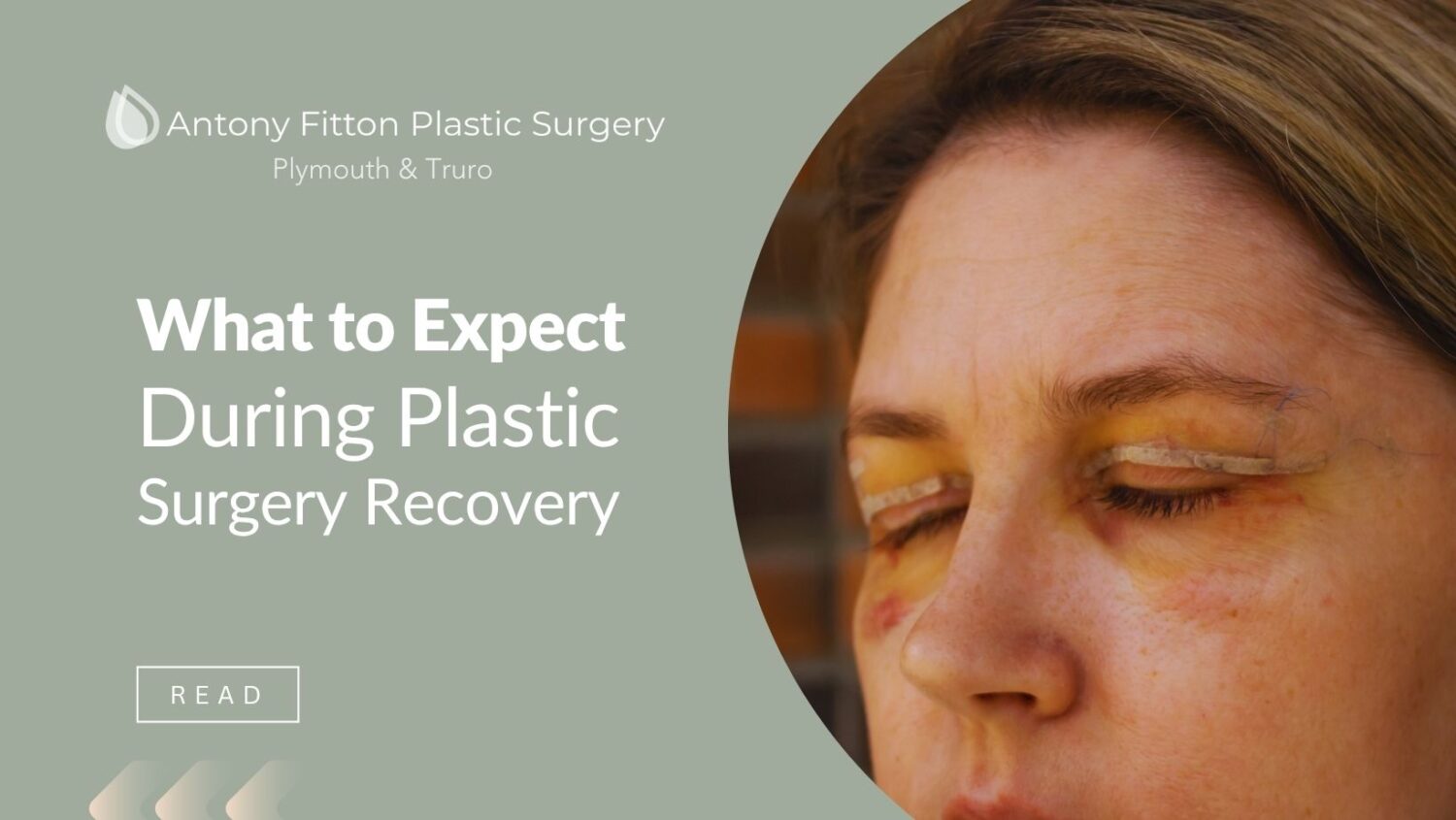
Navigating FTM Transition: A Guide to Understanding and Embarking on Your Journey
Embarking on a journey of transition can be both empowering and daunting. If you’re considering transitioning in terms of gender, (or any other aspect of life), it’s essential to understand what it entails, how long it might take, and where to start.
Transitioning is about embracing change, pursuing authenticity, and aligning your life with your true self. In this guide, we’ll explore what transitioning means, its timeline, and how to embark on this transformative path.
What Does it Mean to Transition?
Gender transition, (often referred to as gender affirmation or gender reassignment), is the process through which individuals align their outward appearance and/or physical characteristics with their gender identity. This can involve various steps, including medical interventions, changes in presentation, and legal procedures, depending on the individual’s goals and preferences.
It’s essential to understand that gender transition is not a one-size-fits-all journey. Each person’s experience is unique, and there is no right or wrong way to transition. Some may choose to undergo hormone therapy or surgeries, while others may focus on social aspects of transition such as changing their name and pronouns or adjusting their clothing and grooming.
Transitioning may involve:
Social Transition:
This involves changes in name, pronouns, clothing, hairstyle, and other aspects of presentation to reflect one’s gender identity.
Medical Transition:
Some individuals may choose to pursue medical interventions such as hormone therapy or surgeries to align their physical characteristics with their gender identity.
Legal Transition:
This includes updating legal documents such as identification cards, passports, and birth certificates to reflect one’s affirmed gender.
How Long Does FTM Gender Transition Take?
The timeline for FTM transition varies greatly from person to person. Factors such as access to resources, support networks, financial considerations, and individual health circumstances can all influence the duration of the transition process.
For some individuals, transitioning may be relatively quick, involving a few months of social transition followed by medical interventions.
For others, particularly those pursuing top surgery, the process may span several years. Additionally, the emotional and psychological aspects of transition, such as coming out to friends and family or navigating societal perceptions, can extend the timeline.

For some individuals, transitioning may be relatively quick, involving a few months of social transition followed by medical interventions.
Where Should I Start when Transitioning and What Does it Involve?
6 tips to help you on your FTM transitioning journey:
1. Self-Exploration:
The first step in the FTM transition often involves introspection and self-discovery. This may include exploring your feelings about your gender identity, researching available resources, and seeking support from trusted friends, family members, or mental health professionals.
2. Seeking Support:
Building a support network is crucial during the transition process. This can include friends, family, support groups, online communities, and healthcare providers who specialise in transgender care. Supportive environments can provide validation, guidance, and emotional support.
3. Medical Interventions:
If you choose to pursue medical interventions as part of your transition, it’s essential to consult with a qualified surgeon, (such as Mr Fitton), who specialises in FTM top surgery. Hormone therapy, surgeries such as chest reconstruction and other procedures may be options depending on your goals and medical eligibility.
4. Legal and Social Transition:
Changing your name and gender marker on legal documents such as identification, birth certificates, and driver’s licenses is an important aspect of social transition. This process varies by location and may require legal assistance.
5. Mental Health Support:
Transitioning can be emotionally challenging, and many individuals benefit from therapy or counselling to navigate feelings of dysphoria, anxiety, or depression. Mental health professionals with experience in gender identity issues can provide valuable support throughout the transition process.
6. Self-Care:
Practising self-care is essential during your transition. This can include activities such as mindfulness, exercise, creative expression, and connecting with supportive communities. Taking care of your physical, emotional, and mental well-being is crucial for navigating the challenges of transition.
FTM transition is a deeply personal and multifaceted journey that requires self-awareness, support, and access to resources.
By exploring your identity, seeking support, and taking steps to align your outward expression with your inner sense of self, you can embark on a path of self-discovery and authenticity.
Remember that transitioning is a process, and it’s okay to take it one step at a time, honoring your own pace and priorities along the way.
FAQs
Q: Is gender transition the same for everyone?
A: No, gender transition is highly individualised and varies based on personal circumstances, goals, and access to resources.
Q: Do I need to undergo surgery to transition gender?
A: Medical interventions are not required for everyone. Transitioning is a personal journey, and individuals may choose to pursue social, medical, and/or legal changes based on their needs and preferences.
Q: Will I lose relationships or face discrimination during the transition?
A: Transitioning can impact relationships differently, and not all reactions may be positive. However, many individuals find that their relationships strengthen over time, and support networks can provide invaluable encouragement and understanding.
Q: Can I transition at any age?
A: Yes, gender transition is possible at any age. There is no one “right” time to transition, and individuals may choose to do so at various stages of life. However, you will only be able to undergo surgery or legally change your gender if you are 18 or over.
From the Government Equalities Office:
The age for accessing medical NHS gender identity treatment is decided on by the NHS, not the Gender Recognition Act. Surgical treatment is not available to people under 18. Cross-sex hormones are available to those aged 16 and above under guidance.
For a no-obligation quote
For a no-obligation quote, tailored specifically to you, please book in for your consultation with Mr Fitton. Your requirements will be discussed in full confidence in a friendly and relaxed atmosphere.
Following your consultation, the price you are quoted includes everything and there are no extra or hidden costs. Advice, treatment and aftercare are all part of our package to ensure your experience is positive from beginning to end.
Summary
Managing your expectations about plastic surgery is important regardless of which procedure you wish to have done. It’s critical to have realistic expectations about plastic surgery and to also ensure you are on the same page as your surgeon.
To find out more about having a treatment, book your no-obligation consultation. You will meet with Antony Fitton and receive expert advice tailored to your needs.
Please call us on 07494 250277 or book your consultation using our online form.


About your Plastic Surgeon: Mr Antony Fitton
MB, BS(hons)., MD., FRCS(eng)., FRCS(plast).
Mr Antony Fitton qualified at the Royal London Hospital in 1989 with distinction in Surgery. He holds an MB, BS(Hons)., MD., FRCS(eng). and FRCS(plast). (Fellowship at the Royal College of Surgeons).
He is a member of BAPRAS (British Association for Plastic, Reconstructive and Aesthetic Surgeons), BAAPS (British Association for Aesthetic Plastic Surgeons), and BSSH (British Society for Surgery of the Hand).
Mr Fitton has received the Paton & Masser Award and the CM Matthews Award from the Royal College of Surgeons of England for his research in nerve injury.
Mr Fitton is licensed as a Plastic and Reconstructive Surgeon by the GMC.
- 0% Finance Available
- Consultations and treatments are available at either the Nuffield Health Hospital, Plymouth or the Duchy Hospital, Truro
- Care Quality Commission Regulated
- GMC Specialist Registered Surgeon
- BAPRAS, BAAPS and BSSH member
- Registered MD
Life-changing result
"I just wanted to thank you (and your team) for the life-changing result of my top surgery. This will provide me with the freedom that I’m excited to enjoy, including being able to go swimming and actually staying cool in summer! All jokes aside, you have helped to mark a new chapter in my life, for which I am incredibly grateful… ALL the best."
Our appearance has an impact on how others perceive us. We are experts in creating an improved version of you. Click on a procedure below for more information.
Body surgery (or contouring) can involve all or one of the following, with prime focus on areas such as the buttocks, tummy, thighs, arms, and breasts. Click on the links below for more information.
There are several different types of hand surgery but all aim to restore functionality while making the hand look as normal as possible. Click on the links below for more information.

What to Expect During Plastic Surgery Recovery
Our 'What to Expect During Plastic Surgery Recovery' guide from Antony Fitton Plastic Surgery gives

Should I Lose Weight Before a Tummy Tuck?
Discover if you should I lose weight before a tummy tuck and if it can enhance your surgery results

How Long Should I Leave Between Plastic Surgery Procedures?
Discover how long you should leave between plastic surgery procedures for optimal recovery and effec




